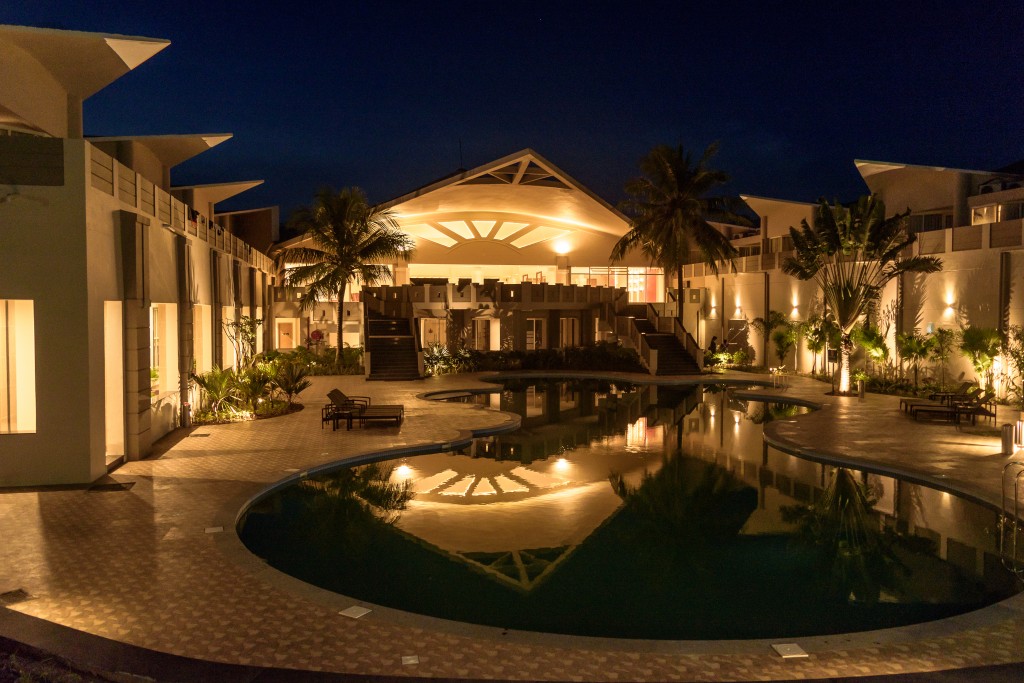In the age of COVID-19, no one would probably think that a boutique hotel is a good family business idea. With travels still restricted, there’s no way for any hotel to make hefty revenue. But if you consider the possible scenarios after COVID-19’s eradication, you might just realize how wrong it is to assume that the hotel industry has died.
Thanks to technology, being a hotelier has never been easier. Simply upload your property on Airbnb or any other short-term rental website, and you can receive bookings right away. Managing the property is such a breeze that you can do it more as a hobby than a business. As such, it’s a great way to teach yourself and your family the basics of entrepreneurship.
And since some countries are opening their borders again, now’s a good time to start your boutique hotel. But what even is a boutique hotel, and what makes it different from your average cheap accommodation?
What’s a Boutique Hotel and Why Do People Love it?
Interestingly, a boutique hotel has no official definition. You may often hear it being called bed and breakfast, which is a small lodging with a homey feel. And indeed, the signature characteristics of a boutique hotel are its smaller size, homeliness, and intimate feel.
Unlike a luxury hotel, which starts your experience only when you enter your room or suite, a boutique hotel begins your experience the moment you walk into its doors. Its location, architecture, decor, and theme, capture your interest right away. In other words, you fall in love with it at first sight.
While it’s also possible to fall in love with a luxury hotel, at first sight, a boutique hotel charms you differently. It doesn’t make you feel like just another customer or tourist. Instead, it almost makes you feel like a local in that area. And speaking of locals, even them check in at boutique hotels from time to time. They see the place as a retreat from their fast-paced and busy lives.
Another thing that makes a boutique hotel distinct is the type of customer it attracts. If mainstream or luxury hotels target tourists, boutique hotels target travelers. They provide safe, cozy, but more affordable accommodation for backpackers. That’s why it’s an amazing family business idea; members of a family can make guests feel more at home, and immersed in the location’s culture.
Starting a Boutique Hotel

The startup costs of a boutique hotel, or any hotel for that matter, depend on a number of factors. These include location, number of rooms, size, and quality. For the location, a major city would of course cost more than countryside or small-town areas. If you’ll build your hotel from the ground up, average land costs may fall at $33,900, and construction costs can reach $221,500.
Soft costs, which consist of designers, architects, lawyers, and other professionals, plus insurances and taxes, may total $41,800. Furniture, fixtures, and equipment, on the other hand, may cost around $29,000. These particular costs are also called hard costs.
Lastly, the pre-opening and working capital costs can hit $33,700. But that may decrease if you’d hire less staff for your opening day.
The costs may seem intimidating, but you’ll receive greater rewards if you run your business right. The most significant benefits of owning a hotel include being your own boss and meeting positive people every day. Indeed, travelers are a delight to be with, and they typically enjoy interacting with locals. If you’re a parent, exposing your children to people from different cultural backgrounds will teach them to be more open-minded, culturally-aware, and kind.
You can also incorporate your own personality into your boutique hotel. After all, your goal is to make your guests feel at home. By designing the hotel like your family home, you can reach that goal, and provide a unique experience for your guests in addition.
Maintaining a Boutique Hotel
The maintenance of a boutique hotel focuses on the decor. It is crucial to have clean surroundings and bedding, attractive furniture and decorations, and a homely ambiance. The overall design of the spaces should be easy on the eyes, but you can also go bold in some details.
Cleanliness, in particular, is rather critical these days with the pandemic. Make it your top priority. Everything, from the floor to the ceiling, should be germ-free at all times. Pay special attention to the high-traffic areas, such as the lobby, restaurant, and hallways. If you have carpeted floors, hire commercial carpet cleaning services regularly. Sweep, mop, and vacuum tiled or wood floors routinely. Train your housekeeping staff and family members to disinfect all surfaces, too.
Consider offering unique services. Boutique hotels usually have holistic or wellness offers, which you may also have, but with a twist. Maybe something you and your family observe as a tradition, like eating a specific dish or pastry. The ultimate secret to a successful boutique hotel is its exceptional qualities.

